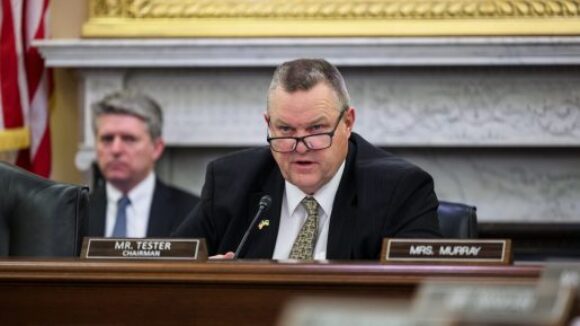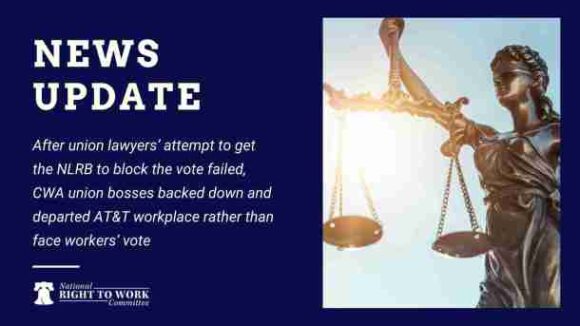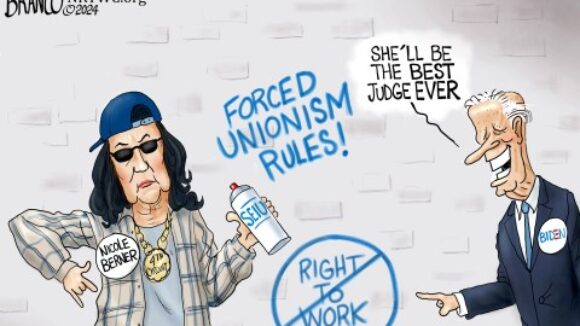Bernd Osterloh, a German union [representative] on Volkswagen AG’s supervisory board says union representation at the company’s Chattanooga, Tenn., assembly plant shouldn’t come without a vote—a position that could complicate the United Auto Workers’ effort to gain a foothold at the factory [through a card-check scheme].
The UAW union has signaled it would prefer Volkswagen management to accept the union as its bargaining partner without a secret ballot election by workers, a path allowed under U.S. labor law.
Bernd Osterloh on Volkswagen’s supervisory board, which is the equivalent of a board of directors at a U.S. company, said, “Democracy does not end at the plant gates. This principle is not negotiable.”
Mr. Osterloh’s statement, released last Friday in Germany, marked one of the few times he has offered extensive comments on the UAW’s effort to unionize the Chattanooga plant, which Volkswagen opened in 2011.
The decision on a works council in Chattanooga comes at time when VW’s top management is considering using the plant to build a new sport-utility vehicle. That would increase production at the facility, which is on track to make about 150,000 cars this year, short of the full capacity level of about 250,000.
A secret ballot vote could complicate the union’s chances of organizing the plant. The UAW has a mixed track record in secret-ballot votes. In August, the union said it had more signed cards from more than half the workers at a parts plant in Mississippi but a majority voted against union representation when the matter was put to a ballot.
In Germany most plants have works councils, but under U.S. law companies can only have works councils if workers are represented by an outside union. Volkswagen’s desire to have a works council in Chattanooga has led to the UAW having talks with Volkswagen management and labor representatives about representing the workers there.
Those discussions have been met with criticism from Republican politicians in Tennessee, which is a right to work state.
After the UAW began speaking publicly about its talks with VW management and the union cards it has collected, a group of Chattanooga workers opposed to the union began rallying support. A leader of that group, Mike Burton, an paint inspector on the production line, group last week presented the plant’s top executive with petitions bearing signatures from 563 production workers.
Mr. Osterloh and other VW officials plan to come to the U.S. in the next several weeks to meet with workers at the Chattanooga plant as well as with Tennessee Gov. Bill Haslam and Sen. Bob Corker (R., Tenn.), both of whom have said a unionization of the VW plant would make it harder to convince other manufacturers to open plants in the state.
 German union rep. Bernd Osterloh says Tennessee VW employees should be allowed to have a secret ballot vote. The National Right to Work Legal Defense Foundation is actively fighting to protect the employees at the VW Chattanooga plant. More about Osterloh’s comments from the
German union rep. Bernd Osterloh says Tennessee VW employees should be allowed to have a secret ballot vote. The National Right to Work Legal Defense Foundation is actively fighting to protect the employees at the VW Chattanooga plant. More about Osterloh’s comments from the 

